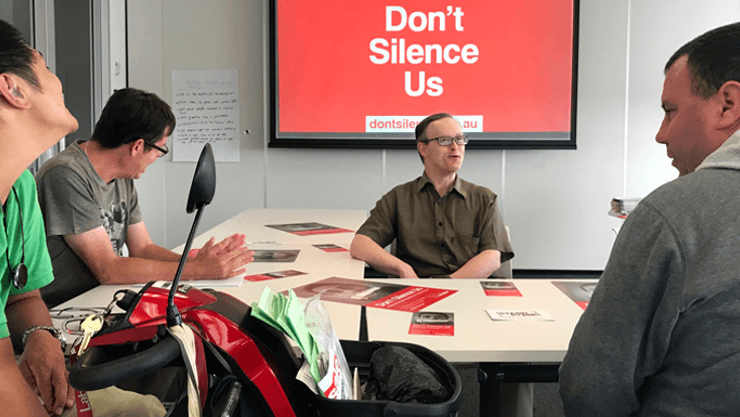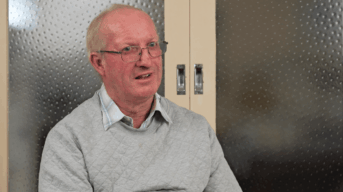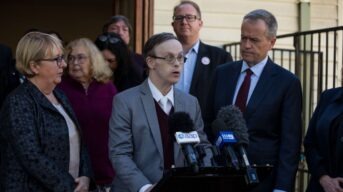
People with intellectual disability have a right to be heard
Michael Sullivan, former Council for Intellectual Disability (CID) Chair, talks about his journey to become an advocate for people with intellectual disability with the support of CID.
I first started to get involved with CID about 15 years ago. Before then, I was very quiet and shy.
It wasn’t until I got involved at CID that I started to come out of my shell and reach my potential.
I had to get things in behind me and get the right support before I could go into positions like being chair person on the board of CID.
People with intellectual disability have now come into their own and are leading CID.
It is about us telling them what to do, not them telling us what is good for us.
I came into CID at the right time. They just started an advisory group for people with intellectual disability to tell CID how to make things better for us.
We got to do a lot of things. We wrote submissions to government inquiries and reviews. This group is still going.
We give advice to a lot of government departments about how to make our lives better.
That’s where it started for me. I developed skills to become a leader in my own right.
It was very challenging at first, but because the people at CID supported me and believed in me, I gained the skills I needed.
I was able to reach the potential I always had inside me. It was there just waiting to come out with the right support.
This helped me to one day become the chairperson of CID and be on a number of state and federal committees to talk to the government about making the lives of people with disability better.
For example, I am on the National Disability Insurance Agency (NDIA) intellectual disability reference group that reports to the board of the NDIA. I get a lot of support from CID to go to these meetings.
I am now also the international Representative for people with Down Syndrome right around Australia.
It takes a long time and support to do these things.
But sadly, this support will go if the government stops funding advocacy organisations like CID. Without this support, we can’t continue to do these things and develop the new self advocates of tomorrow.
I hope you can understand how important advocacy organisations are for people with disability so we can have a voice at the table.



 1800 424 065
1800 424 065 














